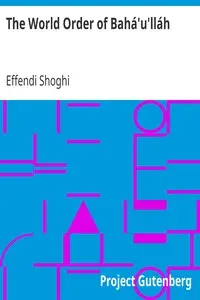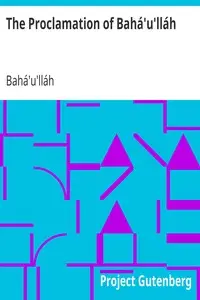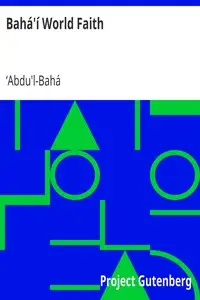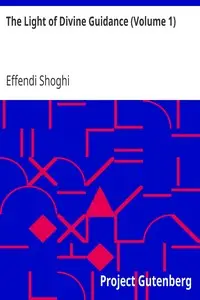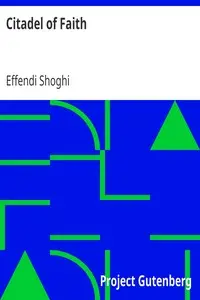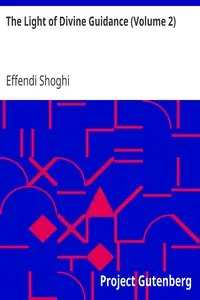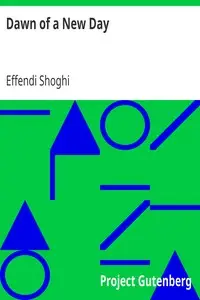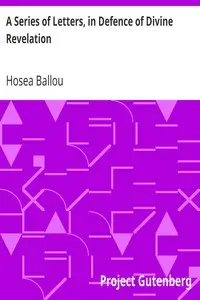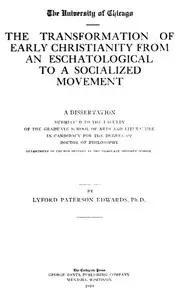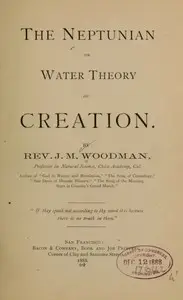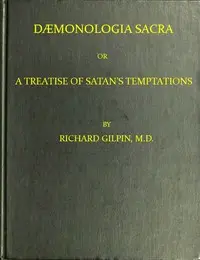"The Advent of Divine Justice" by Shoghi Effendi is a spiritual exploration of the Bahá'í community’s mission to promote social justice, moral behavior, and the spread of Bahá'u'lláh's ideas. Facing trials, the book celebrates the believers' dedication and highlights the importance of the Seven Year Plan, which involves building a Temple and intensifying teaching efforts. Unity among all people is discussed as a crucial step toward a new world, and the book emphasizes the special responsibility of American believers to champion justice and harmony in a world filled with conflict.
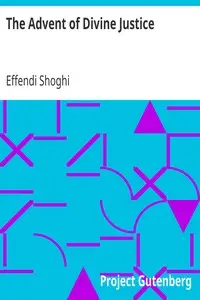
The Advent of Divine Justice
By Effendi Shoghi
Discover how a religious community strives to construct a unified and just world amidst persecution, guided by faith and a bold plan for the future.
Summary
About the AuthorShoghí Effendi (; Persian: شوقی افندی; 1 March 1897 – 4 November 1957) was an Ottoman-born Iranian religious figure and the Guardian of the Baháʼí Faith from 1921 to 1957. As the grandson and successor of ʻAbdu'l-Bahá, he was responsible for creating a series of teaching plans that oversaw the expansion of the Baháʼí Faith to a number of new countries, and also translated many of the written works of crucial Baháʼí leaders. Upon his death in 1957, the Hands of the Cause, which included his Canadian wife Rúhíyyih Khánum, took on the role of overseeing the transfer of the religion's supreme legal authority to the Universal House of Justice, which has held elections every five years since 1963.
Shoghí Effendi (; Persian: شوقی افندی; 1 March 1897 – 4 November 1957) was an Ottoman-born Iranian religious figure and the Guardian of the Baháʼí Faith from 1921 to 1957. As the grandson and successor of ʻAbdu'l-Bahá, he was responsible for creating a series of teaching plans that oversaw the expansion of the Baháʼí Faith to a number of new countries, and also translated many of the written works of crucial Baháʼí leaders. Upon his death in 1957, the Hands of the Cause, which included his Canadian wife Rúhíyyih Khánum, took on the role of overseeing the transfer of the religion's supreme legal authority to the Universal House of Justice, which has held elections every five years since 1963.

